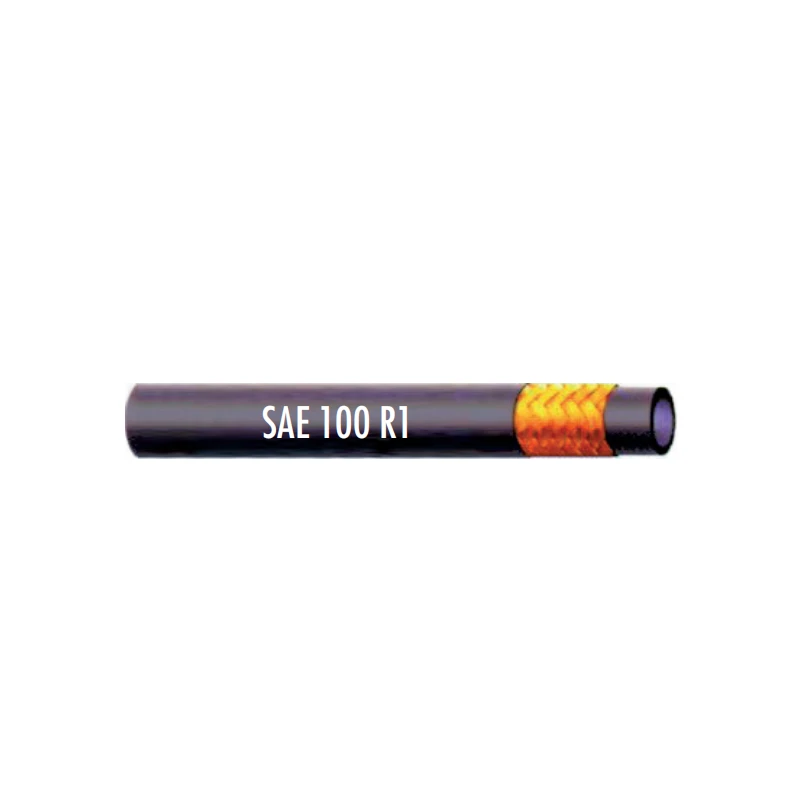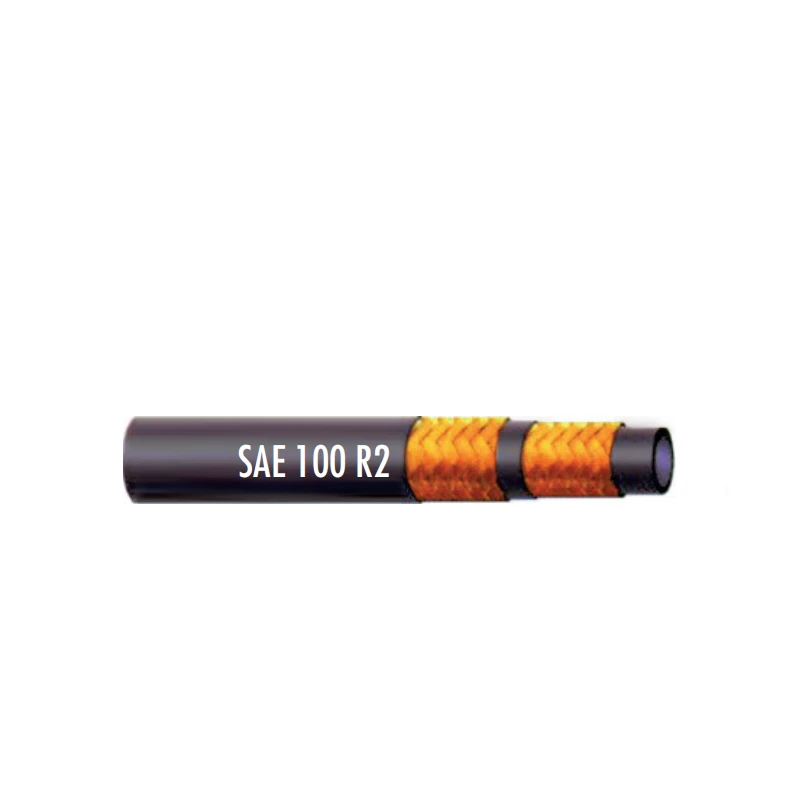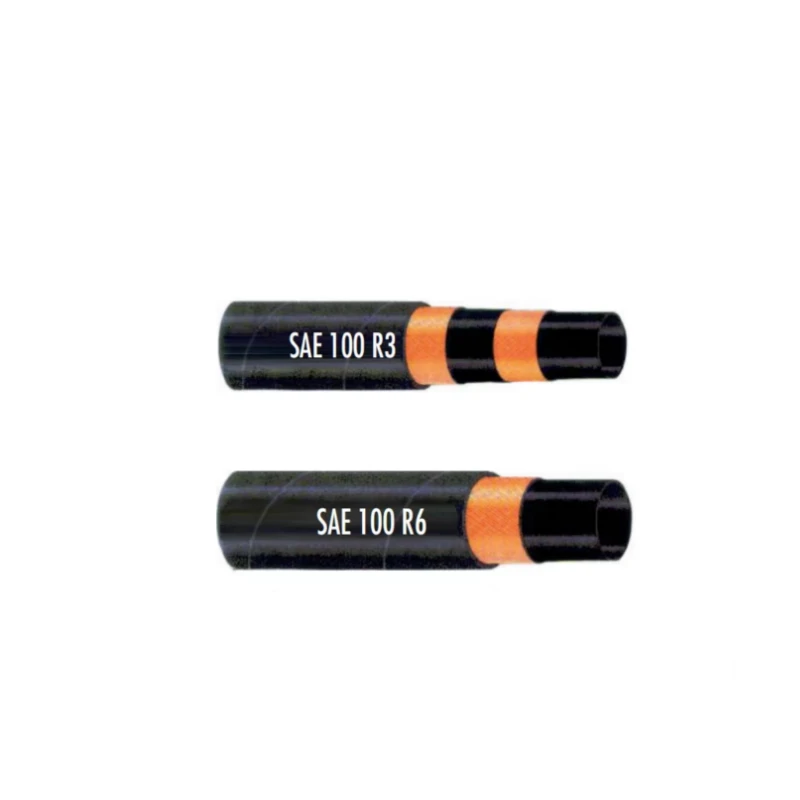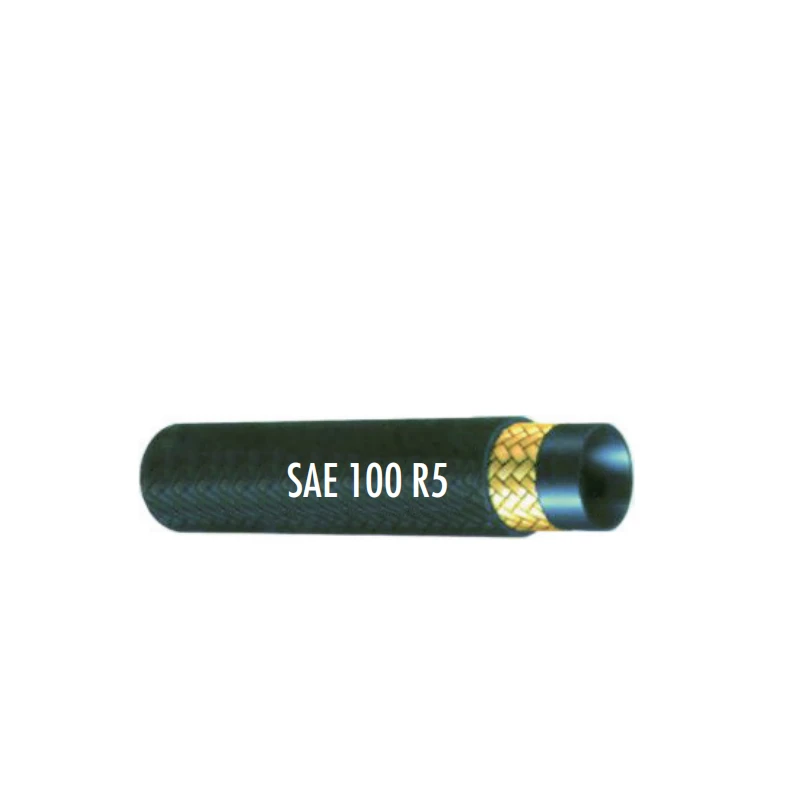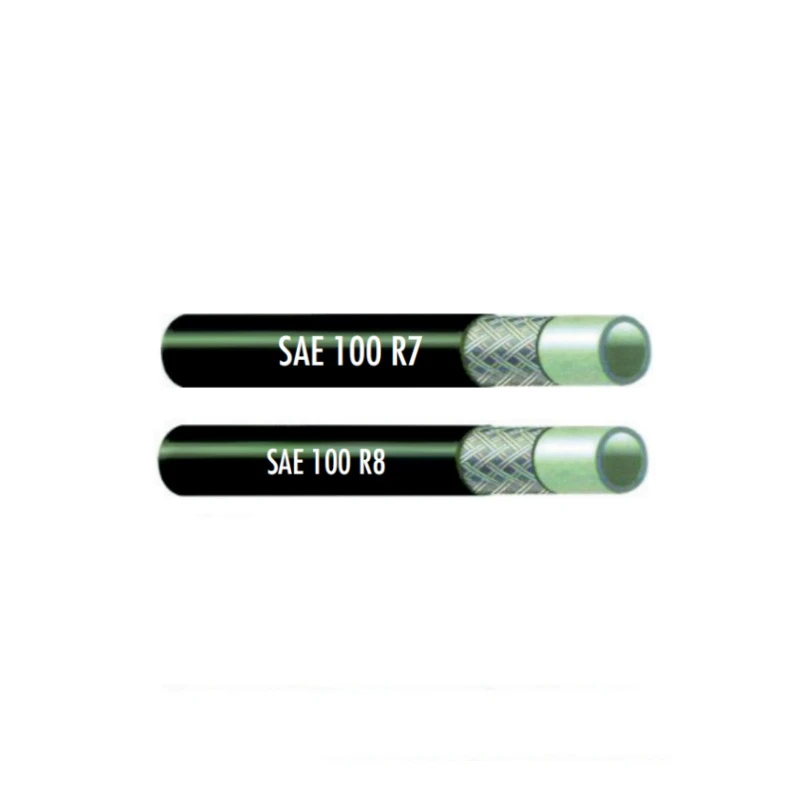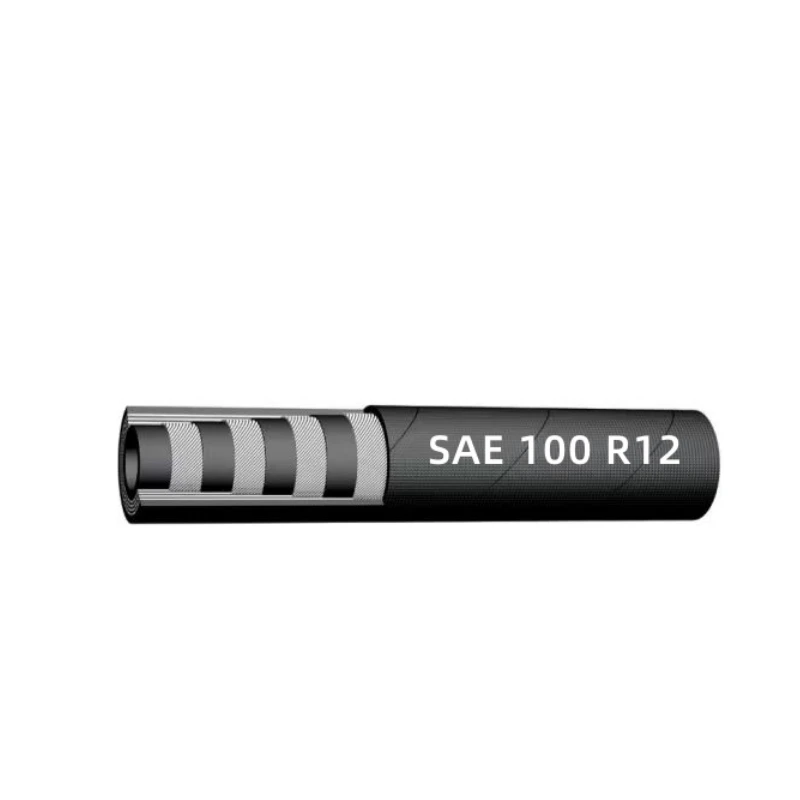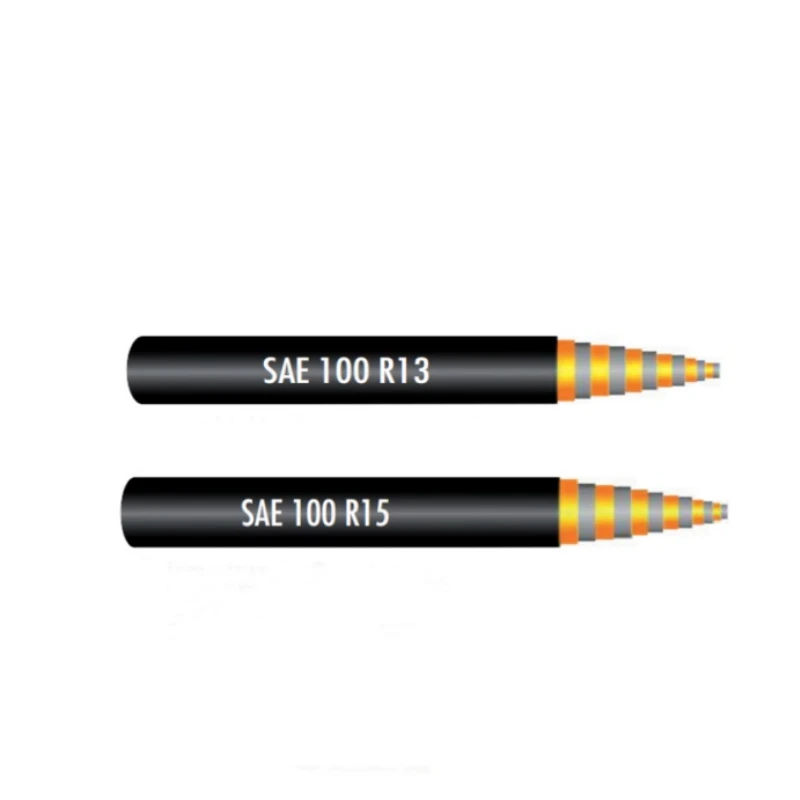
- Afrikaans
- Albanian
- Amharic
- Arabic
- Armenian
- Azerbaijani
- Basque
- Belarusian
- Bengali
- Bosnian
- Bulgarian
- Catalan
- Cebuano
- Corsican
- Croatian
- Czech
- Danish
- Dutch
- English
- Esperanto
- Estonian
- Finnish
- French
- Frisian
- Galician
- Georgian
- German
- Greek
- Gujarati
- haitian_creole
- hausa
- hawaiian
- Hebrew
- Hindi
- Miao
- Hungarian
- Icelandic
- igbo
- Indonesian
- irish
- Italian
- Japanese
- Javanese
- Kannada
- kazakh
- Khmer
- Rwandese
- Korean
- Kurdish
- Kyrgyz
- Lao
- Latin
- Latvian
- Lithuanian
- Luxembourgish
- Macedonian
- Malgashi
- Malay
- Malayalam
- Maltese
- Maori
- Marathi
- Mongolian
- Myanmar
- Nepali
- Norwegian
- Norwegian
- Occitan
- Pashto
- Persian
- Polish
- Portuguese
- Punjabi
- Romanian
- Russian
- Samoan
- scottish-gaelic
- Serbian
- Sesotho
- Shona
- Sindhi
- Sinhala
- Slovak
- Slovenian
- Somali
- Spanish
- Sundanese
- Swahili
- Swedish
- Tagalog
- Tajik
- Tamil
- Tatar
- Telugu
- Thai
- Turkish
- Turkmen
- Ukrainian
- Urdu
- Uighur
- Uzbek
- Vietnamese
- Welsh
- Bantu
- Yiddish
- Yoruba
- Zulu

កុម្ភៈ . 14, 2025 11:56 Back to list
what is a hydraulic hose
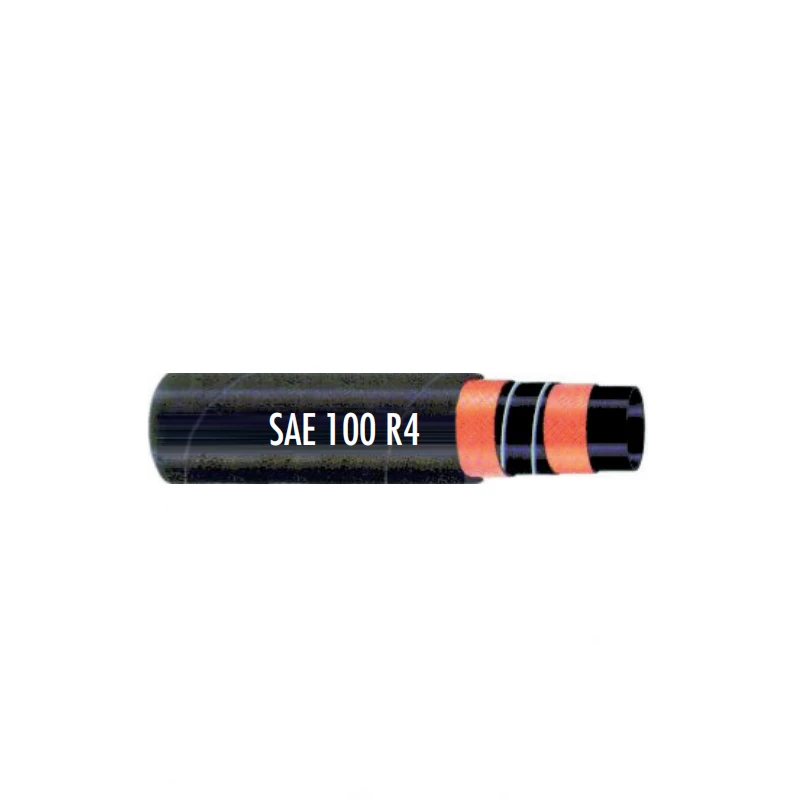
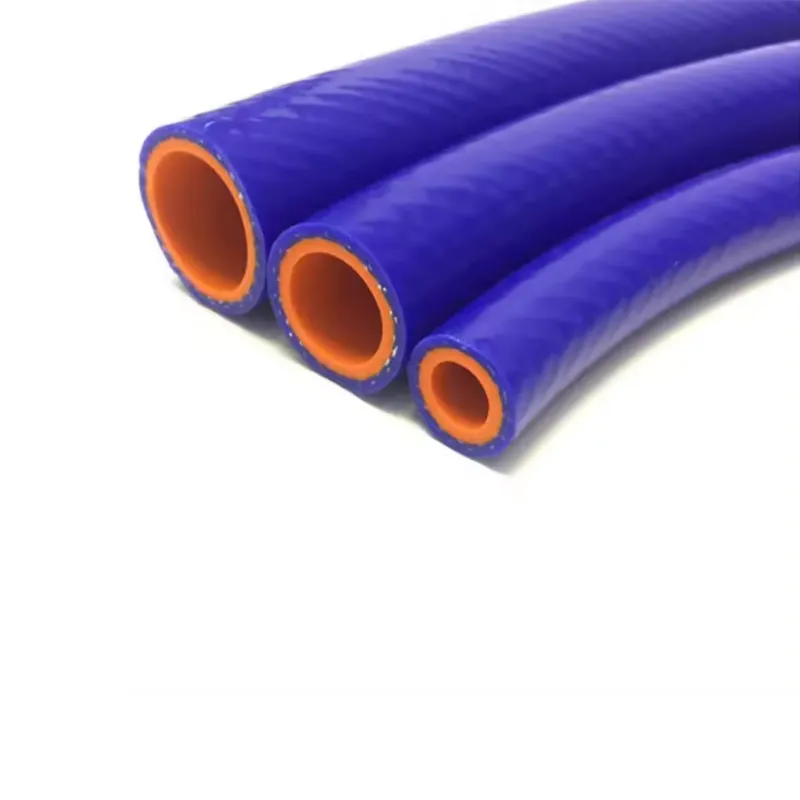
4. Material The material of the hose must be compatible with the hydraulic fluid used and the working environment. For instance, hoses exposed to aggressive chemicals might require a synthetic rubber inner tube. 5. Pressure Hydraulic systems operate under high pressure, and hoses are designed to withstand various levels of operating pressures. Selecting a hose with the right pressure rating ensures safety and longevity. Another pivotal aspect of hydraulic hoses is the necessity of regular inspection and maintenance. Over time, hoses can experience wear and tear, which may lead to leaks or bursts if not addressed. Signs of deterioration might include visible wear on the outer cover, cracks, or bulging. Proactively replacing or maintaining hoses can prevent significant downtime and potential hazards. In terms of expertise, many industries rely on standardized testing and quality control measures to ensure hose reliability. Manufacturers adhere to international standards such as ISO 18752 or SAE J517, providing peace of mind regarding the quality and performance of the hose products. Hydraulic hoses also play a crucial role in the push towards environmentally sustainable practices. Advanced materials and manufacturing processes reduce the environmental impact and improve the recyclability of hoses. Moreover, innovations such as bio-based hydraulic fluids necessitate compatible hose materials, promoting a greener operation. In conclusion, a deep understanding of hydraulic hoses, informed selection based on specific performance criteria, and a commitment to regular maintenance are key to optimizing the efficiency and safety of hydraulic systems. For professionals in industries dependent on hydraulics, staying abreast of advancements and adhering to best practices in hose management is imperative for maintaining seamless and safe operations.
Latest News
Steel Wire Reinforced Hydraulic Hose SAE 100 R1 / EN853 1SN S
NewsOct.17,2024
Two Layers Steel Wire Reinforced Hydraulic Hose SAE 100 R2 / EN853 2SN
NewsSep.03,2024
Textile Braid Reinforced Hydraulic Hose SAE100 R3+R6
NewsSep.03,2024
Textile Reinforced Hydraulic oil Suction Hose with embedded Steel Wire SAE 100 R4
NewsSep.03,2024
Single Wire Braid and Textile Covered Hydraulic Hose SAE 100 R5
NewsSep.03,2024
High Pressure Thermoplastic Hydraulic Hose SAE 100 R7 / EN855 R7 - SAE 100 R8 / EN855 R8
NewsSep.03,2024
Heavy Duty Four-layer Steel Wire Spiral Reinforced Hydraulic Hose SAE100R9+R10+R12
NewsSep.03,2024
Heavy Duty Multi-layer Steel Wire Reinforced Hydraulic Hose SAE100R13 SAE100R15
NewsSep.03,2024
Latest Products
